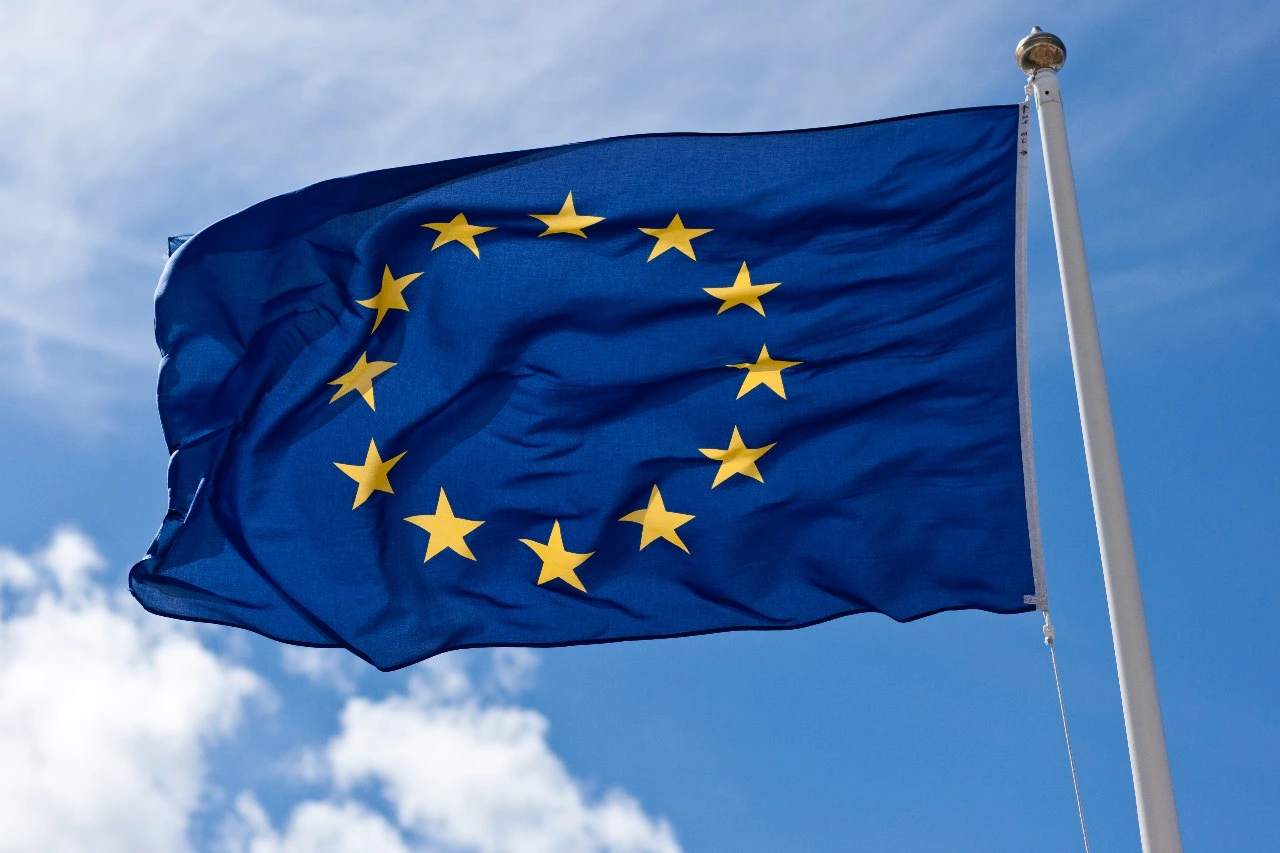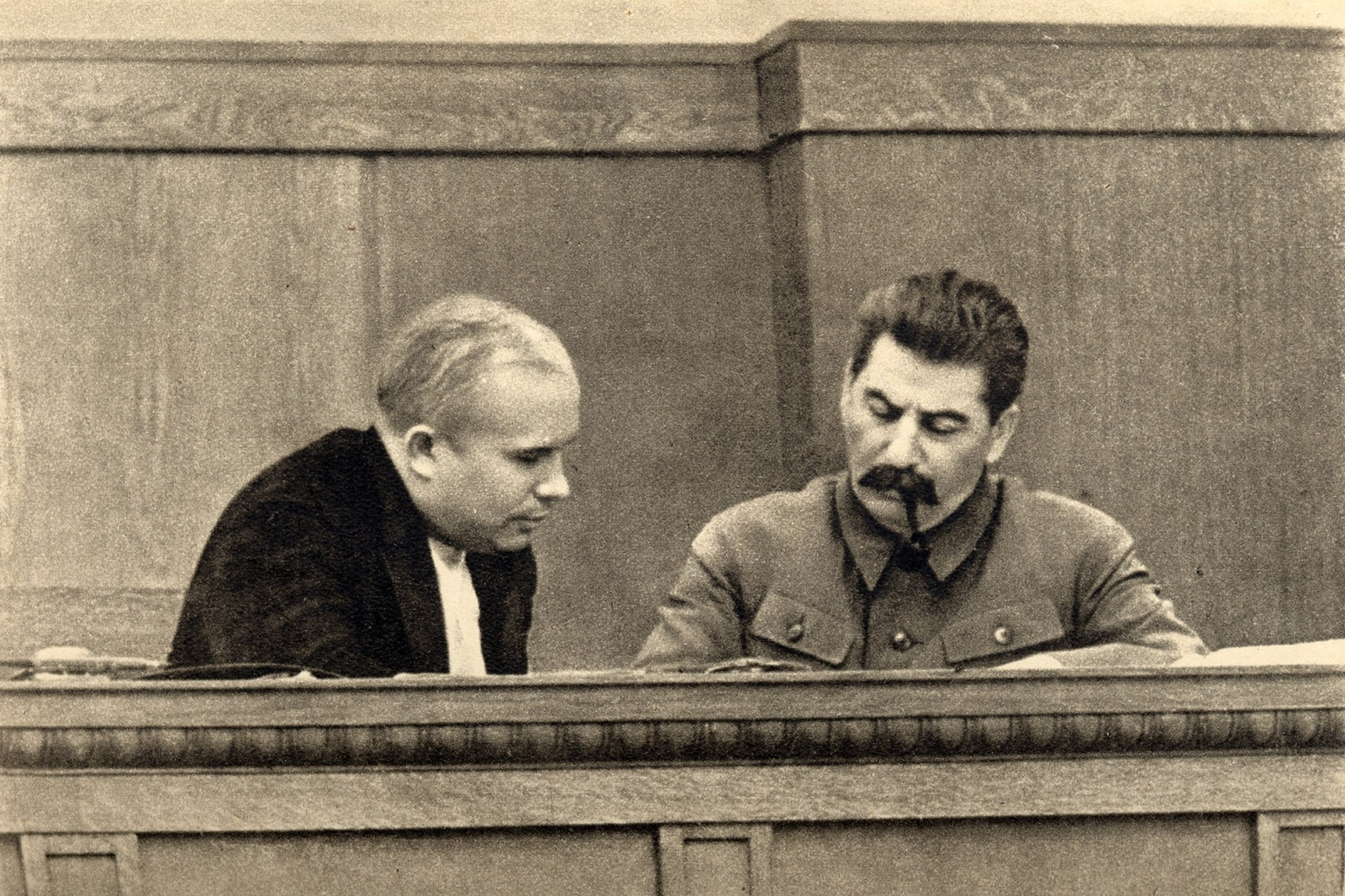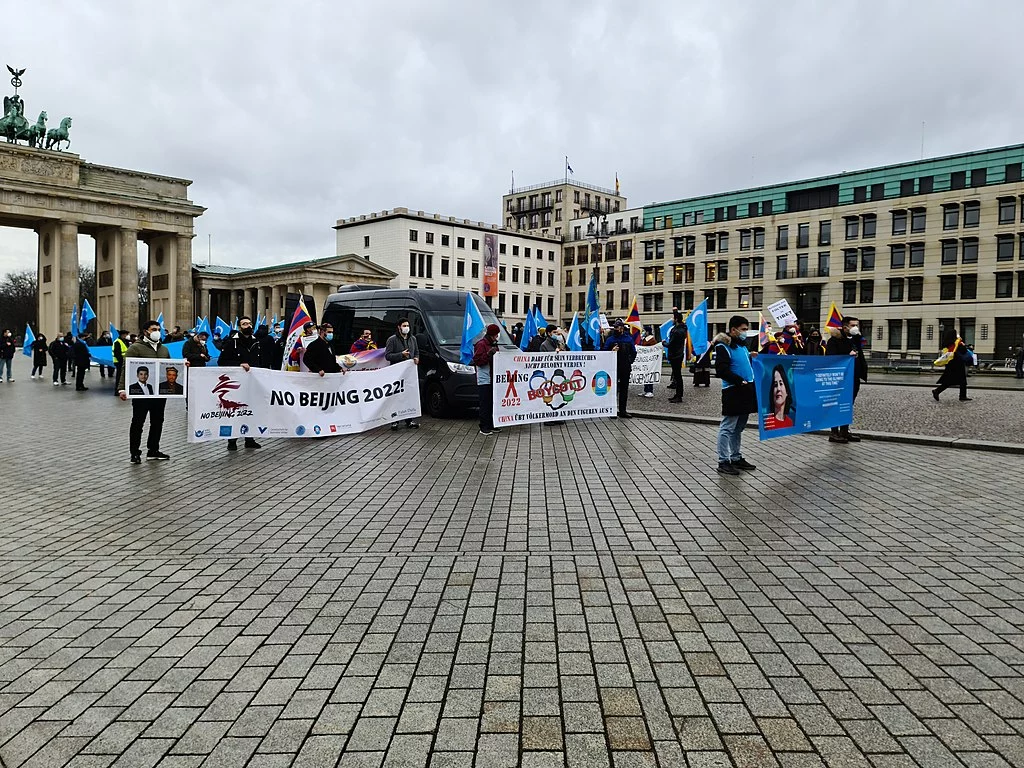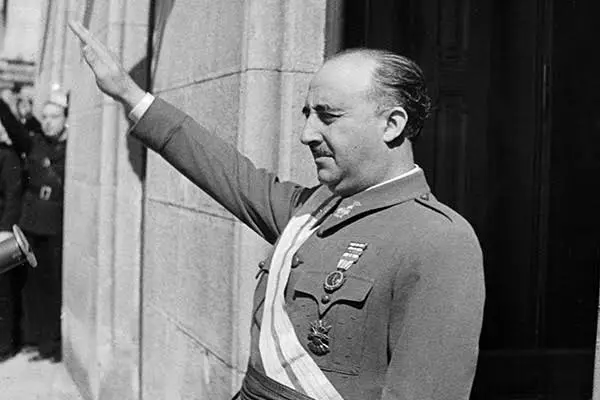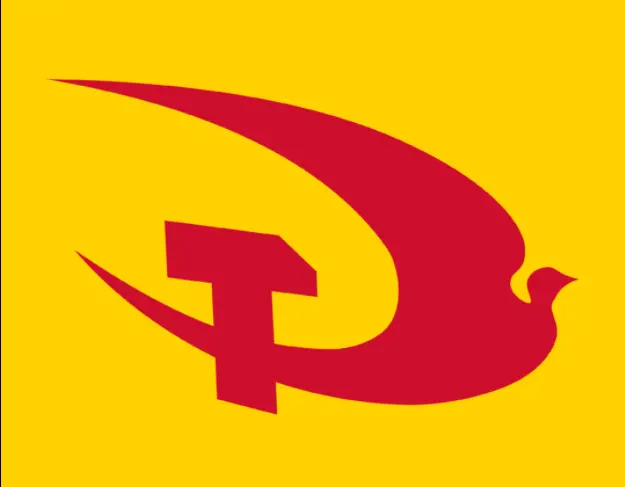European Countries Are Cracking Down on Russian Tech Developers Under US Orders
Several European countries have been cracking down on Russian tech personalities under US orders, revealed Russian lawyer Mikhail Zhukhovitsky. In a Telegram post on August 25, he reported several cases in which Russian tech entrepreneurs and developers were arrested in various EU countries at the behest of the United States.
The arrest of the cofounder and CEO of the messaging app Telegram, Pavel Durov, in France on Saturday, August 24, is the latest in a series of allegedly weaponized judicial processes against Russian nationals associated with the tech industry.
Zhukhovitsky reported that in January 2023, Anatoly Legkodymov, administrator of the Telegram cryptocurrency bot BTC Banker was arrested in the US. Within a few weeks, other members of the team, including Pavel Lerner, creator of the Exmo and UTORG exchanges, were arrested in France. Even after a year and a half, they remain in “preventive detention” in France, awaiting trial.
“Of the entire team, only Anton Shkurenko escaped imprisonment, because he decided to stay in Moscow. Everyone who was outside the Russian Federation was arrested,” the lawyer added.
He went on to mention his “friends from Tornado Cash” who were arrested two years ago. “Alexey [Pertsev] was given six years [of prison time] in the European Union,” he described. “Roman [Storm], thank God, was granted house arrest while awaiting trial in the US. Waiting for trial is very scary, nerves are severely frayed due to the uncertainty.”
On August 8, 2022, the Office of Foreign Assets Control (OFAC) of the US Treasury Department blacklisted the cryptocurrency tumbler Tornado Cash for alleged “money laundering.” Two days later, developer Alexey Pertsev was arrested in Amsterdam, where he was charged with "involvement in concealing criminal financial flows and facilitating money laundering through the mixing of cryptocurrencies through the decentralized Ethereum mixing service Tornado Cash." On May 14, 2024, Pertsev was sentenced to five years and four months in prison for his role in developing the service.
In August 2023, two other developers of the application, Roman Storm (a US national) and Roman Semenov, were charged by the US Treasury for “assisting in money laundering and sanctions violations.” Storm was later arrested in Washington, where he remains under house arrest. Semenov, who lives in Russia, remains free.
In this regard, Zhukhovitsky referred to an earlier case, that of the crypto exchange BTC-e and its operator Alexander Vinnik, a Russian national who was accused by the US Treasury in 2017 of money laundering, hacking, and conspiracy. Arrested in Greece in 2017 at the request of the United States, his extradition was fought over by France, Russia, and the US. After serving a prison sentence in France, he was extradited to the US in 2022 where, in May 2024, he finally pleaded guilty to “a restricted number of charges” for which he is expected to be handed less than 10 years in prison. Alexei Bilyuchenko, co-founder of BTC-e’s successor company, the WEX exchange which collapsed in 2018, was later arrested in Russia and sentenced to three and a half years in prison in September 2023.
Zhukhovitsky also mentioned the case of Russian-Swedish crypto developer Roman Sterlingov, creator of the Bitcoin Fog mixer, who was recently convicted of “money laundering conspiracy” by a Washington federal jury that recommended a total of 50 years of imprisonment for the alleged crimes. On August 15, the developer’s defense filed a 37-page memorandum contesting the sentence, but in Zhukhovitsky’s opinion, “it is already useless.”

Interestingly, Sterlingov was arrested at the Los Angeles International Airport in April 2021, reminiscent of Pavel Durov’s arrest at a Paris airport.
Zhukhovitsky listed another recent case involving Russian tech developers, but this took place outside the EU. “A month ago in the United Arab Emirates, a group of Russians—10 people—was arrested and immediately extradited to the US,” he wrote. “There is nothing about this in any media. The charge is bypassing US sanctions through crypto payments. The part of the team that was in Russia escaped this fate.”
Making a summary of the cases, the lawyer commented, “The charges in the above processes… were not prepared by Interpol and Europol. They were prepared by the USA. France is just a place of residence and waiting. Interpol headquarters is located there. And local authorities and law enforcement structures are just proxies for the US.”
“The chronology of the cases shows that after the first arrest, there are always, without exception, arrests of teams,” he continued. “Those team members who made the decision to urgently fly to the Russian Federation—their fate turned out well. Others who decided to defend themselves in the West—their fates turned out poorly.”
Therefore, following Pavel Durov’s arrest in France, the lawyer recommended that those who work for Telegram should “urgently fly to Russia.” “And don't have illusions that the UAE is a neutral zone,” he warned.
Commenting on the Telegram CEO’s arrest in Paris for alleged “complicity” in a wide variety of crimes (none of which Durov committed but had allegedly been committed by certain users of Telegram), Dmitry Medvedev, deputy chairman of the Security Council of the Russian Federation, said that in 2018, Durov had told him that he refused to cooperate with law enforcement in cases of major crime because that was his “principled position.”
In fact, it was because of this reason that Durov left his home country in 2018 and settled in Dubai and later acquired French citizenship also. However, Telegram was never banned in Russia, nor was its founder ever accused of any crime. “He believed it was Russia where he had the biggest problems, so he left, and later obtained citizenship / residence permits in other countries,” Medvedev wrote on his Telegram account. “He wanted to be a genius ‘person of the world’ who can live perfectly well without his Motherland … He miscalculated. To all our common enemies, he is Russian—and therefore unpredictable and dangerous. Someone of different blood. Certainly not like Musk or Zuckerberg (who, by the way, actively works with the FBI). Durov ought to finally realize that your Motherland, just like the times you live in, is not a matter of choice.”
Fyodor Lukyanov, editor-in-chief of Russia in Global Affairs and research director of the Valdai Club, expressed similar sentiments regarding the Telegram founder’s arrest. According to him, the period of “liberal globalization” that allowed the internationalization of the information and communications industry is coming to an end in an increasingly multipolar world. “Structures that operate transnationally—understandably—immediately look suspect,” he wrote in an article entitled “Globalization Under Arrest” (in Russian). “The view is that they should be ‘nationalized,’ not through ownership but in terms of demonstrating loyalty to a particular state … And this time the possession of French nationality, along with a number of other things, promises to exacerbate rather than alleviate the predicament of the accused.”
Durov, a Russian national, also possesses the citizenship of France, UAE, and St. Kitts and Nevis. According to many political analysts as well as the Russian government, his French nationality makes it complicated for the Russian authorities to legally assist him. However, Kremlin spokesperson Dmitri Peskov announced on Tuesday, August 27, that “taking into account his Russian nationality, we are ready to provide him with all necessary assistance.” He further stated that the charges against the tech personality are serious and should be backed by serious evidence, “otherwise it will be a direct attempt to restrict the freedom of expression and to directly intimidate the director of a large company, a policy the existence of which [French President] Mr. Macron has denied.”
Editor's Note:
The views and informations expressed in the article are solely those of the author and may or may not reflect the views of The International. We believe in providing a platform for a range of viewpoints from the left.
"The International" belongs to you.✕
Please take a moment to read this. We apologize for any interruption, we want you to know "The International" seeks your valued support at this time. We've proudly served as a pioneering online platform, delivering ad-free media content. With only 2% of our readers opting for a subscription, any contribution you choose holds immense significance—whether it's an annual fee of $25 or a monthly payment of $2.5. — The "The International" Team, committed to providing you with enlightening perspectives. We want to highlight that this sum is even less than what you'd spend on a cup of coffee, yet it greatly aids in sustaining our efforts to perpetuate and enhance your esteemed initiative.
